By: Rajat Wadhwa
What is the effect of a ‘Life Estate' or ‘Life Interest' created under a Will by a Hindu Male in favour of his Wife? As lawyers, it is common to come across Wills whereby a Hindu Male confers ‘Life Estate' or ‘Life Interest' in an Immovable Property upon his Wife and on her death the said Immovable Property is to devolve upon his son or daughter. Such a bequest is made by the Testator being unaware of the provisions of Section 14(1) and 14(2) of Hindu Succession Act 1956. The intention of the Testator is to confer a right which is ephemeral and will extinguish upon her death. However, in most cases, the Testator is unaware that such ‘life interest' is capable of being crystallised into absolute ownership by virtue of Section 14(1) of Hindu Succession Act 1956, if such ‘life interest' is conferred in lieu of maintenance or for arrears of maintenance. Since the Widow, under such a bequest, becomes a full-fledged owner of the Immovable Property itself, any further bequest under the said Will in respect of the same Immovable Property becomes insignificant and cannot be acted upon.
The language as well as the intention of the testator under a Will must be clear and must be given effect to, or else the purpose of Section 30 of Hindu Succession Act, 1956 becomes otiose. Only in cases where a Hindu Male confers a ‘life estate' or ‘life interest' to his Wife in lieu of maintenance or arrears of maintenance, such ‘life estate' blossoms into an ownership right. However, in other cases, the ‘life estate' or ‘life interest' extinguishes upon the death of the Widow since the Will only prescribed a restricted estate.
There remains ambiguity on this subject and divergent views have appeared in different decisions of the Supreme Court as well as High Courts across the country. The question of grant of life estate created under a Will in favor of a female Hindu was considered by a division bench of 3 judges of the Supreme Court of India in C Masilamani Mudaliar & Ors. v. Idol of Sri Swaminathaswami Swaminathaswami Thirukoil & Ors, [(1996) 8 SCC 525] where the Supreme Court considered the rights of women to Immovable Properties vis. à vis. their rights under Article 14 of the Constitution of India as well as their fundamental rights of equality, equal treatment, freedom, and equal participation in political, social, economic and cultural life. The Hon’ble Supreme Court, in the facts of that case, considering the language of the Will whereby in specific terms a life estate was created for maintenance of a wife; came to a conclusion that such a right would blossom into a full-fledged ownership right since the life estate was in recognition of a Hindu female’s right to maintenance, and held as under:
“…the legatee Sellathachi had right to maintenance under the Hindu Adoption and Maintenance Act when the property was given to her for maintenance. It must be in lieu of her pre-existing right to maintenance and the property given under the will, therefore, must be construed to have been acquired by the legatee under the will in lieu of her right to maintenance. That right to maintenance to a Hindu female received statutory recognition under the Hindu Adoption and Maintenance Act, 1956. She is entitled to realise maintenance from property of her husband and even in the hands of strangers except the bona fide purchaser for value whether notice of her right. She is equally entitled Under Section 37 of the Transfer of Property Act to have charge created over the property for realisation of her maintenance. On the demise of the testator, she being the class-I heir but for the bequeath, is entitled to succeed as an absolute owner. In either of those circumstances, the question emerges whether she acquires a limited right Under Section 14(2) for the first time under the Will.
In the light of the facts and circumstances of the case and the legal setting, we are of the considered view that she having had under Sastric law, as envisaged in the Will, the properties in recognition of her pre-existing right to maintenance,it is not a right acquired for the first time under the instrument will, but it is a reflection of the pre-existing right under the Sastric law, which was blossomed into an absolute ownership after 1956 Under Section 14(1) of the Act. Under these circumstances, it cannot be held that Sellathachi acquired the right to maintenance for the first time under the instrument will. The Division Bench, therefore, does not appear to have approached the problem in the correct perspective. In view of the settled legal position right from Tulasamma's case (supra) the right acquired under the Will is in recognition of the pre-existing right to maintenance known under the Sastric law and was transformed into an absolute right Under Section 14(1) wiped out the restrictive estate given under the Sastric law and Sellathachi as absolute owner of the property. The Division bench of the High Court, therefore, was not correct in holding that Sellathachi has acquired only a limited estate under the Will and Section 14(2) attracts to the restrictive covenants contained in the will limiting her right to maintenance for life time and, thereafter, the right to enjoy the income from the lands and on her demise, the income should go to the temples as mentioned in the will is not correct in law.” [Emphasis supplied]
At this point it may be relevant to note Section 14 of the Hindu Succession Act, 1956 which reads as under:
- Any property possessed by a Female Hindu, whether acquired before or after the commencement of this Act, shall be held by her as full owner thereof and not as a limited owner.
Explanation: In this sub-section, "property" includes both movable and immovable property acquired by a female Hindu by inheritance or devise, or at a partition, or in lieu of maintenance or arrears of maintenance, or by gift from any person, whether a relative or not, before, at or after her marriage, or by her own skill or exertion, or by purchase or by prescription, or in any other manner whatsoever, and also any such property held by her as stridhana immediately before the commencement of this Act.
- Nothing contained in sub-section (1) shall apply to any property acquired by way of gift or under a will or any other instrument or under a decree or order of a civil court or under an award where the terms of the gift, will or other instrument or the decree, order or award prescribe a restricted estate in such property [Emphasis supplied]
A bare perusal of Section 14 of Hindu Succession Act, 1956 should sufficiently clarify the Law but for the divergent views expressed in some Judicial Pronouncements. Section 14 (1), in clear terms, states that where a Hindu Female possesses a Property inter-alia in lieu of Maintenance or Arrears of Maintenance, the same shall be held by her as Full Owner. However, Section 14(2), which is in the nature of a proviso to Section 14(1), clarifies that Section 14(1) shall not apply in case of Property which is acquired inter-alia under a Will where the terms of the Will prescribe a restricted estate in such Property.
The Supreme Court presided over by a division bench of 3 judges, in Mst. Karmi v. Amru & Ors [(1972) 4 SCC 86], deliberated upon a circumstance wherein a ‘life estate’ was given under a Will to a wife, and held as under:
“…Nihali having succeeded to the properties of Jaimal on the strength of that will cannot claim any rights in those properties over and above that given to her under that Will. The life estate given to her under the Will cannot become an absolute estate under the provisions of the Hindu Succession Act. Therefore the appellant cannot claim any title to the suit properties on the basis of the Will executed by Nihali in her favour.”
In Mst. Karmi (Supra) the Supreme Court felt that the case fell under Section 14(2) of the Hindu Succession Act, 1956 since only a restricted estate was prescribed under the Will. The judgment in Mst. Karmi was tested by a subsequent decision of a division bench of 2 judges in a Thota Sesharathamma & Anr. v. Thota Manikyamma (dead) by LRs
- [(1991) 4 SCC 312], where the Supreme Court expressed doubts over the correctness of decision in Mst. Karmi. It is no more re integra that the correctness of a decision of division bench of 3 judges can only be tested by a larger bench and not a division bench of 2 judges or by a co-equal bench. Nevertheless, the Supreme Court in the judgment of Thota Sesharathamma, made an observation regarding Mst. Karmi as under;
“…It is a short judgment without adverting to any provisions of Section 14(1) or 14(2) of the Act. The judgment neither makes any mention of any argument raised in this regard nor there is any mention of the earlier decision in Badri Pershad v. Smt Kanso Devi [(1969) 2 SCC 586]. The decision in Mst Karmi [(1972) 4 SCC 86] cannot be considered as an authority on the ambit and scope of Section 14(1) and (2) of the Act.”
The Supreme Court in Thota Sesharathamma relied heavily upon an earlier decision of division bench of 3 judges in Badri Pershad v. Smt Kanso Devi [(1969) 2 SCC 586] but did not consider that the facts in Badri Pershad were entirely different from the facts of Mst Karmi. In Badri Pershad, the Apex Court was dealing with a factual situation where a Hindu male having self-acquired properties had died in 1947 leaving his 5 sons and a widow. The five sons and the widow had a dispute which lead to the appointment of an arbitrator who gave an award and a decree was passed in terms of the said award. Under the said decree, the rights of the widow, to the immovable property were established and it was held that she has inherited the said property under Section 3(1) of the Hindu Women's Right to Property Act, 1937. The decree further separated her share in the Immovable Property by metes and bounds and in those circumstances it was held that the widow had become a full owner of the property in her possession under Section 14(1) of Hindu Succession Act 1956. It is interesting to note that two of the judges namely Hon’ble Justice. J.C Shah and Hon’ble Justice A.N Grover, were common to both the Judgments in Badri Pershad and Mst. Karmi, hence it can be presumed that the Judges correctly applied Section 14(1) of the Hindu Succession Act, 1956 in Badri Pershad and Section 14(2) of Hindu Succession Act, 1956 in Mst. Karmi considering the facts of those cases.
It is a settled proposition that a case is an authority on only what it decides. A decision often takes colour from the question involved in the case in which it is rendered. The only thing binding as an authority upon a subsequent judge is the principle upon which the case was decided. (See AIR 2003 SC 4172; ILR (2007) II Delhi 88)
The Apex Court in Thota Sesharathamma also considered the decision by a division bench of 3 judges’ in V. Tulasamma and others v. Sesha Reddy (dead), by LRs. [(1977) 3 SCC 99]. The facts of V. Tulasamma were that a Hindu female claimed maintenance out from the joint family properties after the death of her husband. The said claim was decreed and during its execution a compromise was arrived at, allotting certain properties to the Hindu female for her maintenance but without any power of alienation. After coming into force of the Hindu Succession Act 1956, the Hindu female claimed her right under Section 14(1) of the Hindu Succession Act 1956 and leased the properties, which led to filing of a suit. The matter reached the Supreme Court and the Supreme Court in the facts of this case held:
“In the instant case since the properties were acquired by the appellant under the compromise in lieu of or in satisfaction of her right of maintenance, it is sub-section (1) and not sub-section (2) that would be applicable and hence the appellant must be deemed to have become full owner notwithstanding that the compromise prescribed a limited interest to her.”
In V. Tulasamma, the Supreme court also held that that the provisions of Section 14(2) of the Act is in the nature of a proviso or an exception to sub-section (1) of Section 14 of the Act since it excepts certain kinds of acquisition of property by a Hindu female and therefore it needs to be construed strictly.
The doubt expressed over the correctness in Mst. Karmi by relying upon Badri Pershad and V. Tulasamma was not correct since both Badri Pershad and V. Thulsama were cases involving entirely different facts. Even otherwise Thota Sesharathamma being a judgment of division bench of 2 judges cannot overrule the judgment in Mst. Karmi, being a judgment of division bench of 3 judges.
The decision in Mst. Karmi has been followed by the Supreme Court in its subsequent judgments in Sadhu Singh v. Gurdwara Sahib Narike & Ors [(2006) 8 SCC 75] and the judgement in V. Tulasamma has been distinguished. In Sharad Subramanyan v. Soumi Mazumdar & Ors [AIR 2006 SC 1993], the Supreme Court followed the ratio in V. Thulsama and distinguished Masilamani Mudaliar and held that since there were no indications either in the Will or externally to indicate that the property had been given to the female Hindu in recognition of or in lieu of her right to maintenance, the case would fall under ambit of Section 14(2) of the Hindu Succession Act, 1956.
Both in Sadhu Singh and Sharad Subramanyan, the Supreme Court recognized the right a male Hindu under Section 30 of the Hindu Succession Act, 1956 and held that the owner of the property has the right to deal with that property including the right to devise or bequeath the property and that Section 30 of the Hindu Succession Act, 1956 reaffirms that right, and thus a restricted estate granted under the will must be given effect to in view of this section. In a recent decision of Delhi High Court in Paramjit Anand v. Mohan Lal Anand [2018 SCC OnLine Del 8181], which was argued by me, the Delhi High Court while following the ratio in Masilamani Mudaliar has held that when a life estate is created there is a presumption that it is created in lieu of a pre-existing right of maintenance and therefore even without any mention of any right of maintenance in the Will, the case would fall under S 14(1) of the Act. In my respectful opinion, the said view is incorrect and also contrary to the precedents on the issue. The judgement delivered by the Delhi High Court in Paramjit Anand has been stayed in the appeal filed against it.
In a recent decision in Ranvir Dewan v. Rashmi Khanna And Anothers [(2018) 12 SCC 1], the Supreme Court discussed the ratio laid down V. Tulasamma (supra) in detail and followed the view in Sadhu Singh and held;
“Applying the principle laid down in the aforementioned two cases to the facts of the case on hand, we are of the considered opinion that the case of Plaintiff 2, Mrs Pritam does not fall under Section 14(1) of the Act but it squarely falls under Section 14(2) of the Act. In other words, in our view, in the facts of this case, the law laid down in Sadhu Singh case [Sadhu Singh v. Gurdwara Sahib Narike, (2006) 8 SCC 75] would apply.
A fortiori, Plaintiff 2, late Mrs Pritam received only “life interest” in the suit house by the will dated 24-6-1986 from her late husband and such “life interest” was neither enlarged nor ripened into an absolute interest in the suit house and remained “life interest” i.e. “restricted estate” till her death under Section 14(2) of the Act.”
To conclude, in the words of Hon’ble Justice, Dr. B.S. Chauhan, in Shivdev Kaur
- S. Grewal [2013 4 SCC 636], the law on the issue can be summarised to the effect that if a Hindu female has been given only a "life interest", through Will or gift or any other document referred to in Section 14 of the Act 1956, the said rights would not stand crystallised into the absolute ownership as interpreting the provisions to the effect that she would acquire absolute ownership/title into the property by virtue of the provisions of Section 14(1) of the Act 1956, the provisions of Sections 14(2) and 30 of the Act 1956 would become otiose. Section 14(2) carves out an exception to rule provided in Sub-section (1) thereof, which clearly provides that if a property has been acquired by a Hindu female by a Will or gift, giving her only a "life interest", it would remain the same even after commencement of the Act 1956, and such a Hindu female cannot acquire absolute title.
Rajat Wadhwa is a practicing lawyer in the High Court of Delhi for the last 15 years.
He can be reached at wadhwa_co@yahoo.co.uk


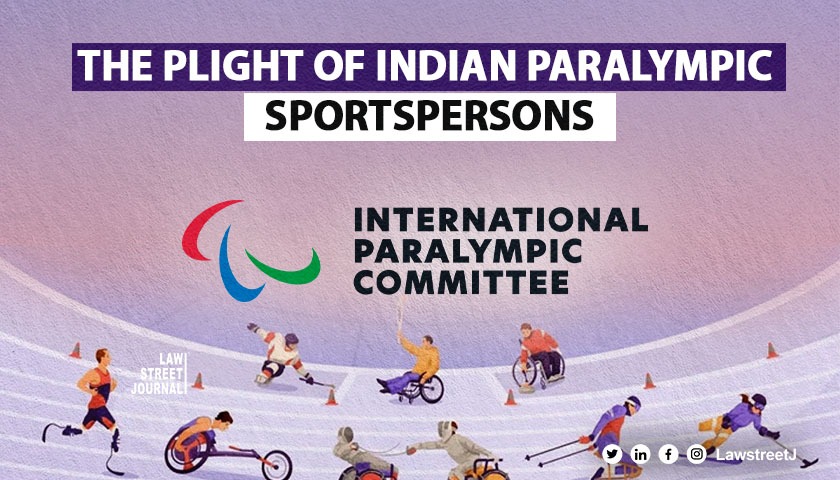
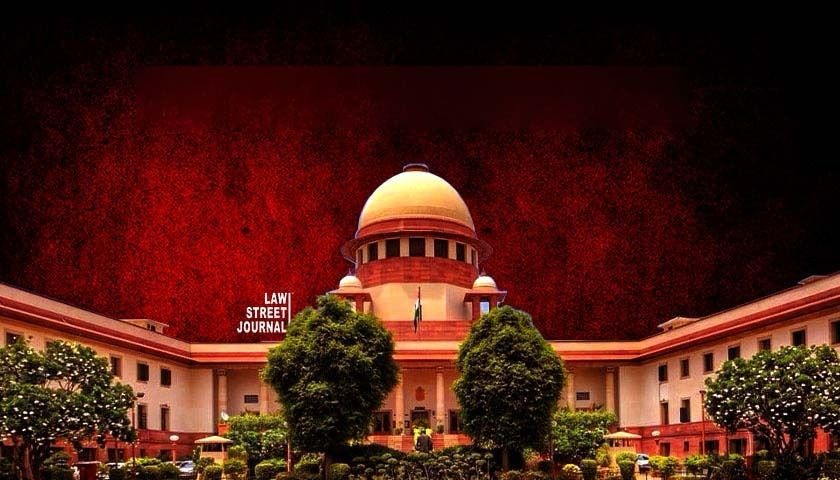
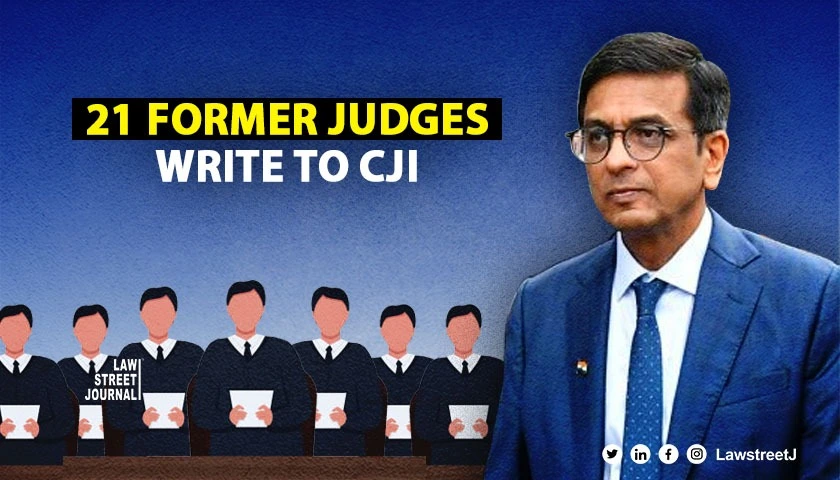
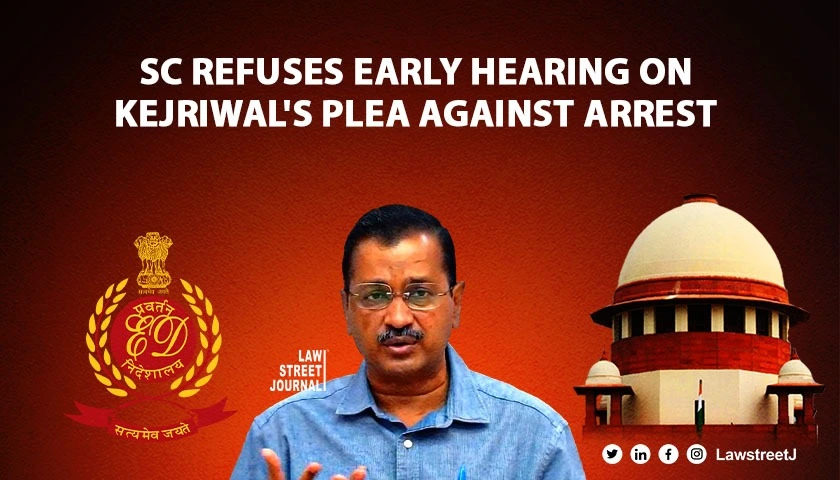
.webp)
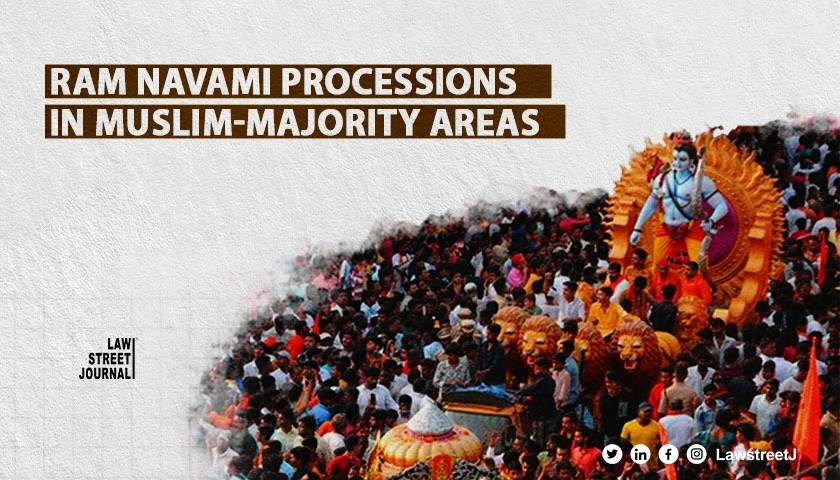

D.K.TUTEJA ADVOCATE Aug 18, 2023
A WELL WRITTEN SCHOLARY ARTICLE. THANKS